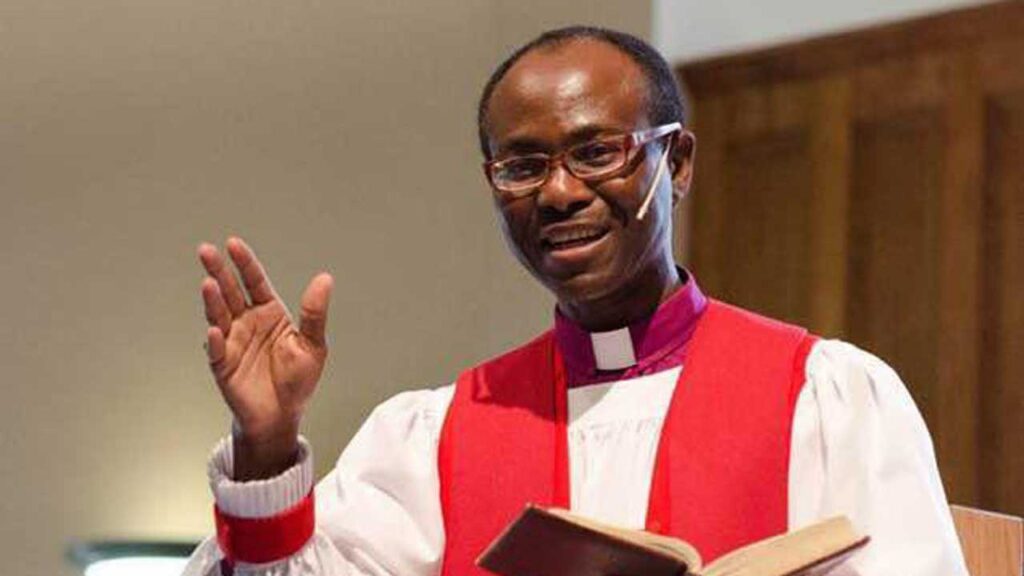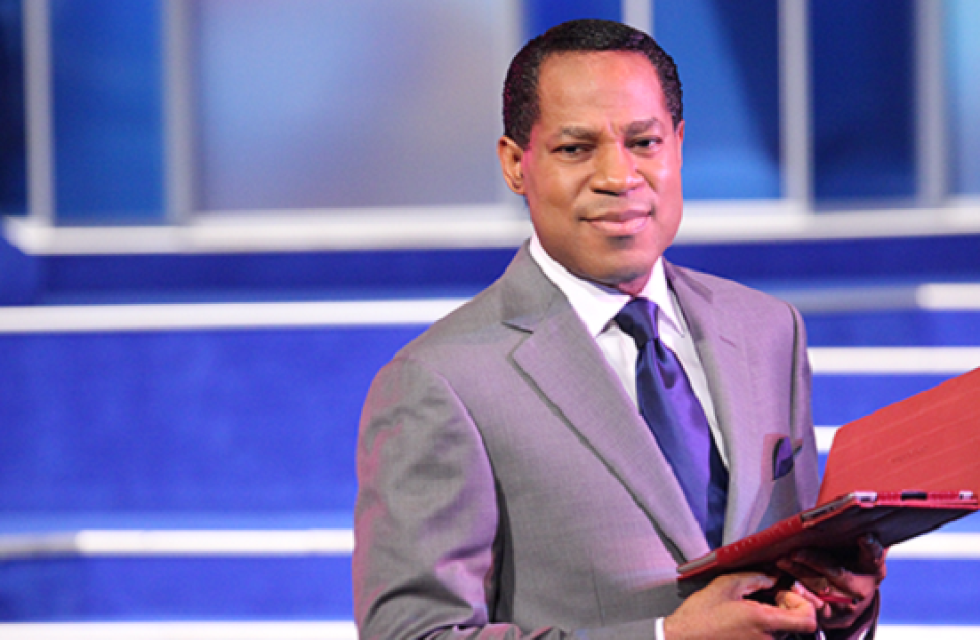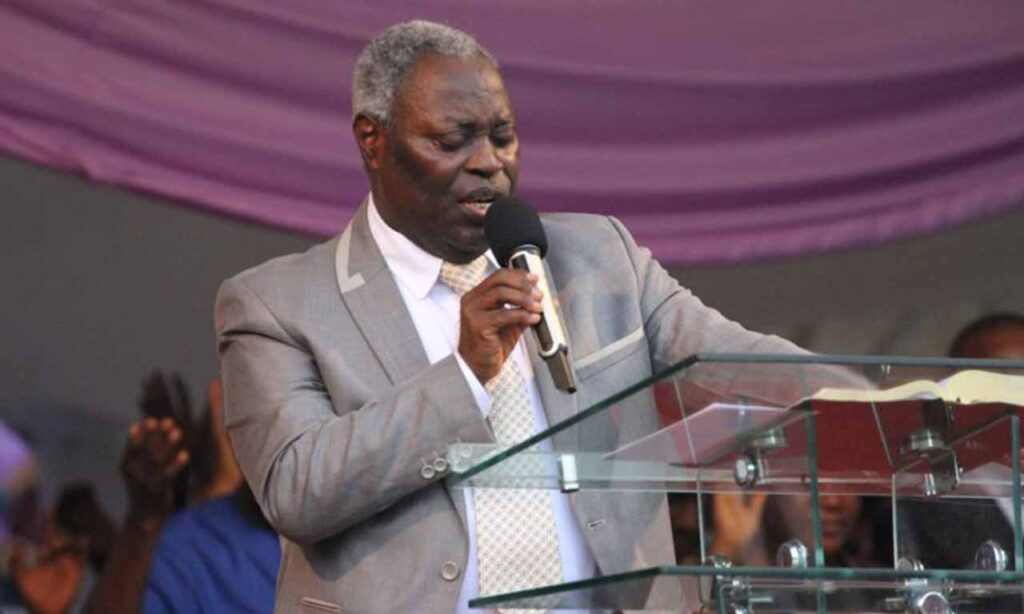
It reads: “I invite you, therefore, in the name of the Church, to the observance of a holy Lent, by self-examination and repentance; by prayer, fasting, and self-denial; and by reading and meditating on God’s Holy Words. And, to make a right beginning of repentance, and as a mark of our mortal nature, let us now kneel before the Lord, our Maker and Redeemer.”
If you read these words from the viewpoint of a 21st-century spiritual tourist looking for excitement on the landscape of our post-modern religious smorgasbord, you may find these words distasteful, archaic, troubling, and austere.
Some will find these words repugnant and painful. These words will, in fact, come across as a Protestant version of monastic self-flagellation. They are very foreign words to us because, in this century, we fast only if we want to lose weight; we engage in self-examination only when we are hypnotised or seeing our therapist. Self-denial is not recommended because it damages our fragile egos, so, we are encouraged to be self-assertive, as we pursue our goals for self-indulgence and happiness.
But if you read and understand these words as a spiritual pilgrim, you will find them life-giving.
The Bible pictures the Christian life as a battle, a race, a journey, a pilgrimage, toward the holy city. If so, we can and should read them as God’s invitation to us to engage Him for our renewal and refreshment as pilgrims who have become weary.
If you look at the landscape of the South Western U.S.A., you will quickly notice that it is partially a desert-dry, dusty, arid and lovely tumbleweed, here and there. That is what our spiritual lives can look like more often than not. The signs of spiritual weariness are the pursuit of more power and advantage, despite the chaos, it might engender; loss of joy, passion, vision, nerve and spiritual alertness, a feeling of divine absence, mild indifference to the things of God, and the proclivity to being at peace with your habitual sins, among others. The Lenten call is, indeed, a much-needed invitation from our loving heavenly Father because He wants to encourage us, refresh us, and re-fire us for the journey.
These spiritual disciplines –– self-examination, repentance, prayer, fasting, self-denial, meditating on and reading of God’s Word –– are our Lord’s invitation to us to prepare for His blessing. They are the channels of God’s transforming, renewing and awakening grace for us weary pilgrims. So, I invite you to embrace them wholeheartedly as gifts from a loving God who is also your Companion along the way.
Self-Examination And Repentance
These disciplines help us to discover and reject the sins that stand in the way of refreshment and transformation. We are able to see the things that stand in the way of renewal and blessing. We are able to see the things that contribute to our spiritual and moral weaknesses. Our attentions are drawn to the sins and aspirations that hinder our prayers and hide the face of God, as Isaiah the prophet in Isaiah 58:1-12; 59:1-2 eloquently points out to those who care to know, which we then humbly bring to the Cross of Christ for forgiveness and cleansing. Repentance is not easy for religious people who are used to using religious piety, activities and mission as a cover for sin. But if we come honestly to God in self-examination and repentance, we are then able to see and turn away from our sinful thoughts and motives, gossip, lying, slander, hypocrisy, hatred, envy, bitterness, resentment, un-forgiveness, sexual sins, exploitation of others, pride, prejudice towards those who are different from us, fits of rage, and self-centredness. These behaviours are repugnant to God and devastating for the spiritual life.
Prayer, Fasting And Self-denial
These disciplines are ways of expressing the intensity of our dependence on God rather than on self. God expects us to pray and fast. But genuine prayers and fasting are God-centred and concerned about the welfare of other people before the needs of self. Notice that the Lord’s Prayer is focused on God’s holiness, honour, will and Kingdom; and it is a communal prayer –– “our” (Matthew 6:7-13).
Prayers and fasting are means of receiving God’s blessing and being refreshed as the Bible clearly teaches (James 4:2). Effective prayers and fasting require purity of motive, self-denial, and compassion (Matthew 6:1-18). The God-kind of fasting is one that is accompanied by repentance, obedience, love of God, and love of neighbour (Isaiah 58:5-10).
Perhaps, we are being called to not only fast from meat and food, but also from unbelief, fear, discouragement, hopelessness, cynicism, sarcasm, loose tongue, self-aggrandisement, and whatever else the Holy Spirit has been pointing out to you as a besetting sin and weight (Galatians 5:19-21; Hebrews 12:1-2).
• The Rt. Rev’d (Dr.) Felix Orji, OSB. Is the Diocesan Bishop Anglican Diocese of the West and Coordinating Bishop of CONNAM.












